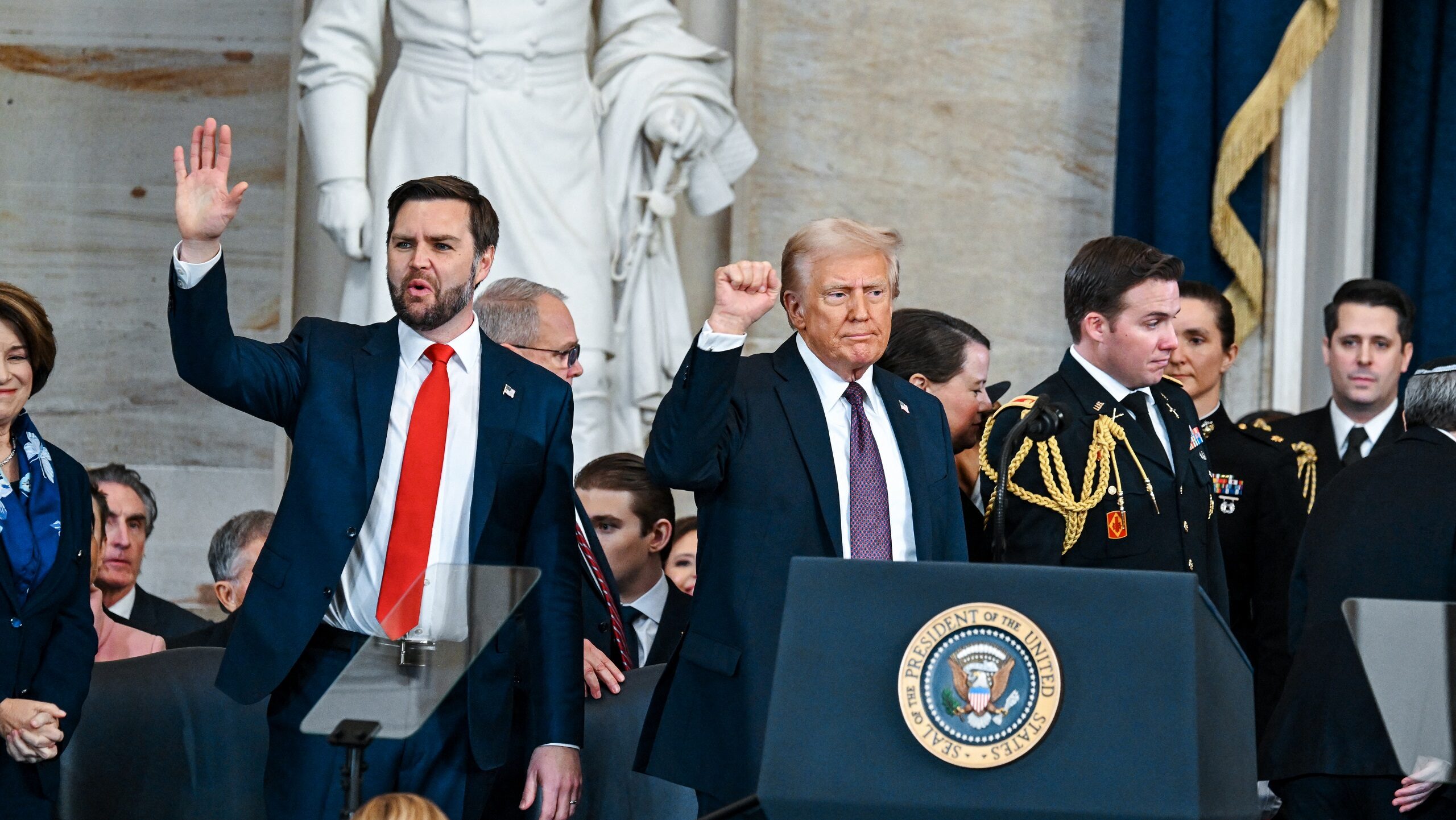Trump Ends Settler Sanctions, Expresses Doubts Over Gaza Ceasefire
Newly inaugurated US President Donald Trump wasted no time reversing key policies from the Biden administration, including an executive order imposing sanctions on violent Israeli settlers in the West Bank. The decision, part of a flurry of orders signed on his first day in office, drew immediate criticism as it came just hours after another settler rampage in the northern West Bank village of al-Funduq.
The sanctions, implemented by former President Joe Biden, targeted 17 individuals and 16 entities over the past year in response to escalating settler violence. Biden signed the order amid mounting frustration in Washington over Israel’s failure to address the issue.
Under Prime Minister Benjamin Netanyahu’s government, the violence has surged, with authorities largely ignoring the problem. Outgoing National Security Minister Itamar Ben Gvir has dismissed the attacks as inconsequential, and the top West Bank officer is under investigation for allegedly ignoring settler violence to gain favor with his superiors.
Give the gift of hope
We practice what we preach:
accurate, fearless journalism. But we can't do it alone.
- On the ground in Gaza, Syria, Israel, Egypt, Pakistan, and more
- Our program trained more than 100 journalists
- Calling out fake news and reporting real facts
- On the ground in Gaza, Syria, Israel, Egypt, Pakistan, and more
- Our program trained more than 100 journalists
- Calling out fake news and reporting real facts
Join us.
Support The Media Line. Save democracy.


Trump’s reversal of the order effectively lifts all sanctions. Critics argue the move undermines accountability and emboldens extremists in the region.
Speaking from the Oval Office, Trump expressed skepticism about the durability of the Gaza ceasefire and hostage deal brokered by the US, Qatar, and Egypt, which began Sunday. “I’m not confident; it’s not our war, it’s their war,” Trump said, though he noted Hamas’ weakened state.
Trump also described Gaza as a “massive demolition site” and floated the idea of rebuilding the region, calling it a “phenomenal location” with “beautiful potential.”
The newly inaugurated president emphasized plans to expand the Abraham Accords and paused all foreign development assistance for 90 days, signaling a broader reassessment of US policy in the Middle East.

